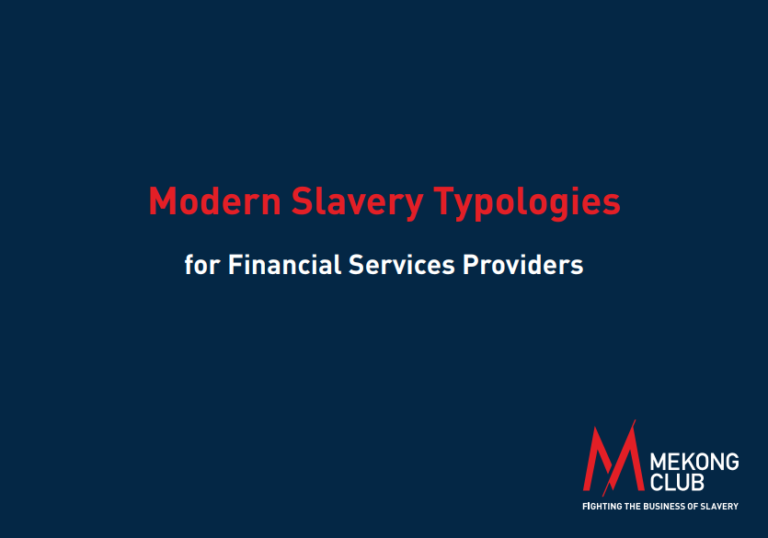White Paper: Realizing the Benefits of Worker Reporting Digital Tools
GuidanceThis white paper seeks to promote broader – and meaningful – adoption of digital tools (phones, tablets, and web sites accessed via SMS, smartphone apps, hotlines, polls, social media, or other methods) used to gather information from workers in...Read More

